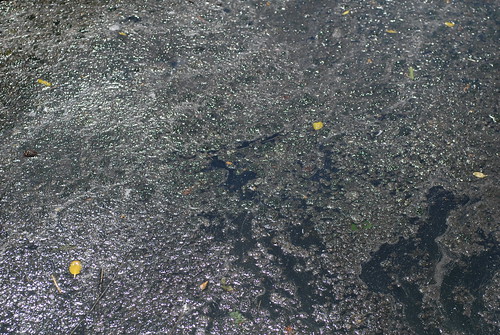Judge compels deposition of EPA official

U.S. District Judge Clay Land, of Athens, Georgia, issued an order yesterday compelling the U.S. Environmental Protection Agency (EPA) to provide their employee Madolyn Dominy for deposition in a whistleblower's scientific fraud case. Madolyn Dominy was the EPA's Regional Biosolids Coordinator from 1998 to 2004. In his whistleblower lawsuit, Dr. David L. Lewis (pictured) and dairy farmers Andy McElmurray and William Boyce claim that researchers at the University of Georgia (UGA) conspired with EPA employees to make false statements as part of a grant application to justify land application of sewage sludge. The law firm of Hallman & Wingate of Marietta, Georgia, represents Dr. Lewis, McElmurray and Boyce in this case. The EPA tried to use is "Touhy" regulation to prevent Hallman & Wingate from deposing Dominy. Yesterday, Judge Land rejected this attempt, and ordered that EPA make Dominy available for deposition by September 11, 2009. A copy of the order is available at this link.
Dr. Lewis and the dairy farmers filed their lawsuit under the federal False Claims Act. They initially asked the government to intervene to recover money the researchers obtained under false pretenses. The government declined, so they are pursuing discovery to prove that the researchers' "Gaskin Study" containing false, unreliable and fabricated scientific data regarding the effects of sewage sludge on animal health and land. Dr. Lewis and the farmers also claim that the researchers cited the Gaskin Study in additional grant applications, thus violating the False Claims Act again. The lawsuit arises from the EPA's efforts to justify its "Sludge Rule" that allows sewage sludge to be spread on certain open lands. The Sludge Rule is at 40 C.F.R. Part 503. Dr. Lewis has determined that the EPA's rule lacks the scientific basis needed to assure its safety.
The Gaskin Study related to sewage sludge that was processed by an Augusta, Georgia wastewater treatment plant and applied as fertilizer to various parcels of land, including the farms of Boyce and McElmurray. During the late 1990s, Boyce and McElmurray claim that the sewage sludge contained hazardous wastes which ultimately poisoned and killed their dairy cows. Together with Dr. Lewis, they claim that the UGA researchers and EPA employees worked together on studies of the Augusta sewage sludge land application project with an agenda of promoting land application of sewage sludge as safe and beneficial and discrediting any allegations to the contrary.


 By Dale Keiger
By Dale Keiger


 by Andrew Kimbrell
by Andrew Kimbrell When Michelle Obama created an organic vegetable garden on the White House lawn earlier this year, the move was greeted with positive headlines and excitement among the food advocacy community. Here, we thought, was a First Lady who understood the importance of locally grown, whole and organic foods in her family's diet.
When Michelle Obama created an organic vegetable garden on the White House lawn earlier this year, the move was greeted with positive headlines and excitement among the food advocacy community. Here, we thought, was a First Lady who understood the importance of locally grown, whole and organic foods in her family's diet. 



